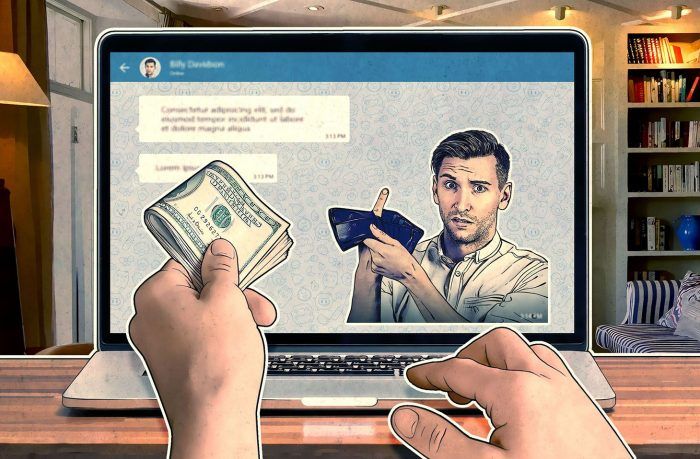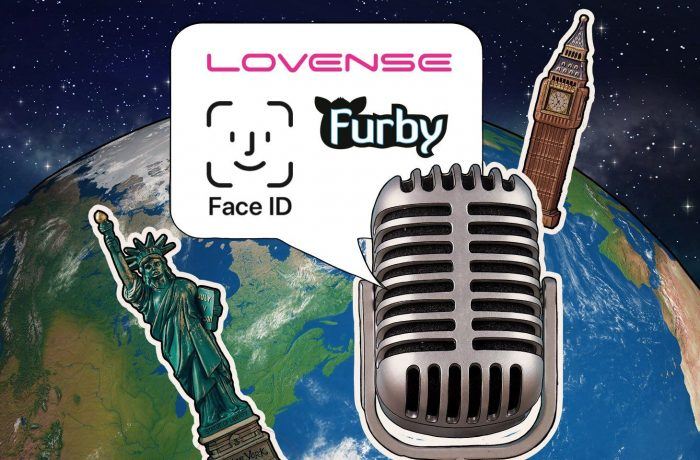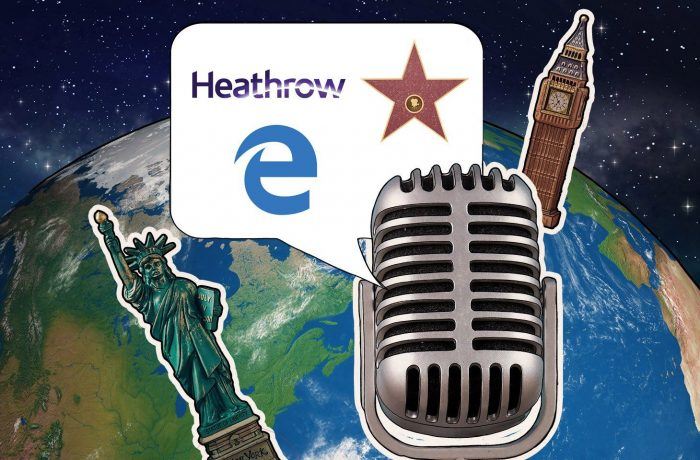
The train is watching you!
Can’t resist the convenience of free Wi-Fi? Here’s a way to make it secure.
3885 articles

Can’t resist the convenience of free Wi-Fi? Here’s a way to make it secure.

Attackers pretending to be acquaintances asking for money — the story is old, the approaches new. We show you how to avoid the e-bait.

The Cybersecurity Summit is more than you might think: We talked space, blockchain, quantum computing, and more

In this week’s edition of Kaspersky Lab’s Transatlantic Cable podcast, we discuss IoT security in toys for children and adults.

Kaspersky Lab looks ahead to the main threats likely to affect the financial industry in 2018.

Kaspersky Private Security Network brings users all of the advantages of the cloud without violating regulations or internal security policies.

Some habits, at first glance, seem to have nothing at all to do with security. However, looks can be deceiving.

Most modern, enterprise-level companies understand the menace of cyberthreats to business. Some of them have tried to solve cybersecurity problems with the help of system administrators and security software, but

Want to protect your intimate photos from ever going public? Facebook has a suggestion: Upload them yourself!

Take our quiz and find out if your online dating activity is likely to come back and bite you.

Episode 9 of the Transatlantic Cable podcast talks about a secret USB from Heathrow, Hollywood hacked, and Microsoft using Chrome in a presentation.

Along with economic benefits, any new technology also comes with a certain number of problems. Cryptocurrencies are no exception.

This versatile mobile banking Trojan morphs into ransomware on detecting a removal attempt.

The CryptoShuffler Trojan does its utmost to go unnoticed, stealing Bitcoins on the sly.

We’re launching the Global Transparency Initiative. What is it? Eugene Kaspersky explains.

This week’s Transatlantic Cable podcast dishes on a hacked plastic surgeon, unsafe dating apps, new forms of 2FA, and more.

Bad Rabbit: A new ransomware epidemic is on the rise

We are used to entrusting dating apps with our innermost secrets. How carefully do they treat this information?